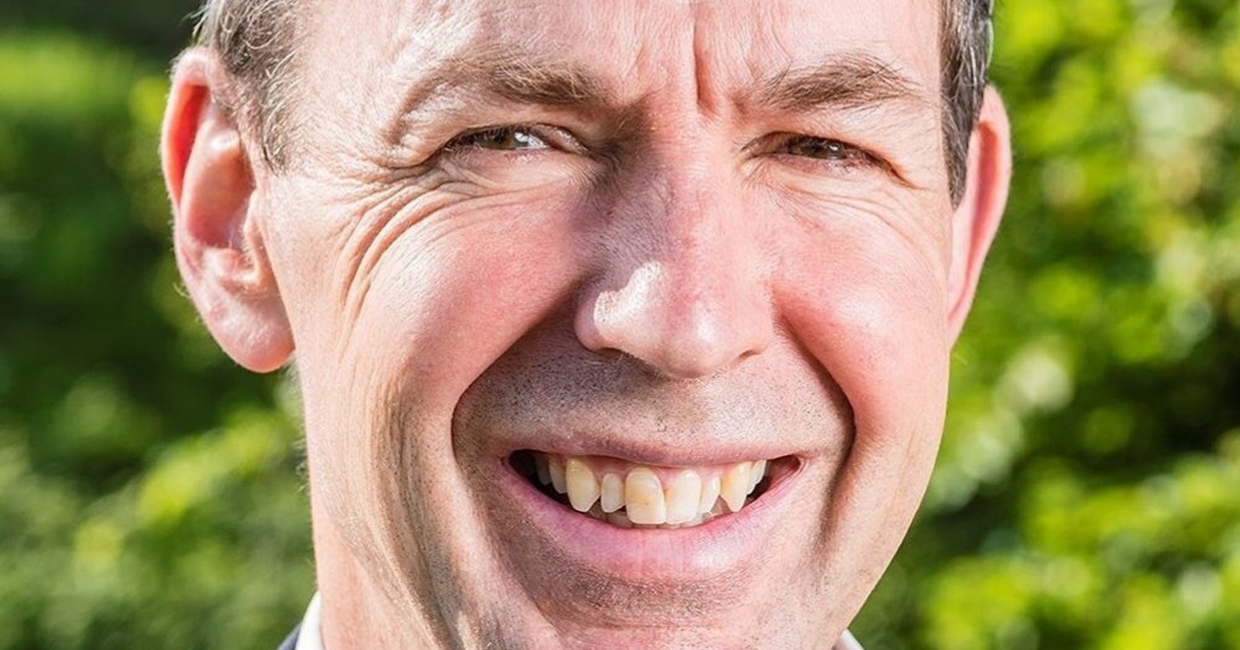Huge opportunities exist for bed manufacturers to both pioneer and collaborate on products that will meet the growing demand from consumers for honest goods they can trust to help mitigate climate change – according to environmental expert, professor Mike Berners-Lee (pictured), who told the National Bed Federation’s (NBF) first-ever Green Forum (held online for members on 3rd December) that there was "a massive opportunity for whoever was first to market with a sustainable product that consumers could really trust in terms of its impact on the environment".
“More and more people are yearning for some real honesty,” he said. “The world is catching on to the climate emergency and your customers are catching on. People really care about these issues and want a big manufacturer they can trust to do the right thing. Behind that will be opportunities for the next raft of products to raise standards. And then it becomes difficult for anyone not to be part of the movement for sustainable bed manufacturing. When some companies start changing it makes it easier for others to change too – and that is ultimately how you effect long-term change.”
The global Covid crisis could also play a part in altering mindsets, said Mike: “A pandemic unlocks us from old ways of thinking and may even get us to reconsider needless consumption – it’s an opportunity for us to reorientate ourselves.”
He said that a good response to climate change from the bed industry would be a 40-45% reduction in its carbon footprint over the next decade – but that manufacturers should beware of ‘greenwash’ in the stampede to become carbon negative. They should offer a coherent and honest climate narrative, and use only science-based targets.
In switching to low-carbon structure, sustainable products, he said manufacturers should also look to other pollutants and to products designed for longevity, repair and recycling, as well as wider environmental and social considerations.
He added: “Climate change is part of a much bigger picture of interdisciplinary challenges, that incorporate everything from biodiversity to ocean acidification, energy supply, other pollution and many more factors. It all needs to be joined up with one holistic, systematic way of thinking across science, technology, politics, economics, business and social disciplines.”
Welcoming some 60 delegates to the day-long forum of presentations and workshops, NBF president David Moffitt said: “It is important for us all to get to grips with a more sustainable approach in the future. Urgent action is needed, not just to stop but to reverse the trend, which requires us all to take action, starting now.”
In addition to Mike Berners-Lee, the online event featured a line-up of key speakers and contributors, including: FISP programme manager Mark Allison; Richard Cooper from the Knowledge Transfer Network (KTN); and James Goddin, founder of Hoskins Circular. Jaybe chairman Roger Durrans also provided a fascinating insight into the process and benefits of carrying out a Lifecycle Assessment (LCA), in conversation with Owain Griffiths from Oakdene Hollins.
Along with a series of workshops, other topics covered included: understanding and implementing ecodesign; the challenges in reducing plastic waste and funding opportunities around it; plus the tools, data and metrics available to assess when and why to select natural or synthetic materials.
NBF executive director Jessica Alexande says: “The need to embrace more sustainable business models has not gone away. Governments are set on ever-more demanding environmental targets and requirements. Consumers too, increasingly want real and reliable environmental information and eco-designed products, so we were delighted to work with the KTN to present the Green Forum on Zoom to help and inspire members to design and make products that deliver both sound sleep and a lighter footprint on the earth’s resources.”









